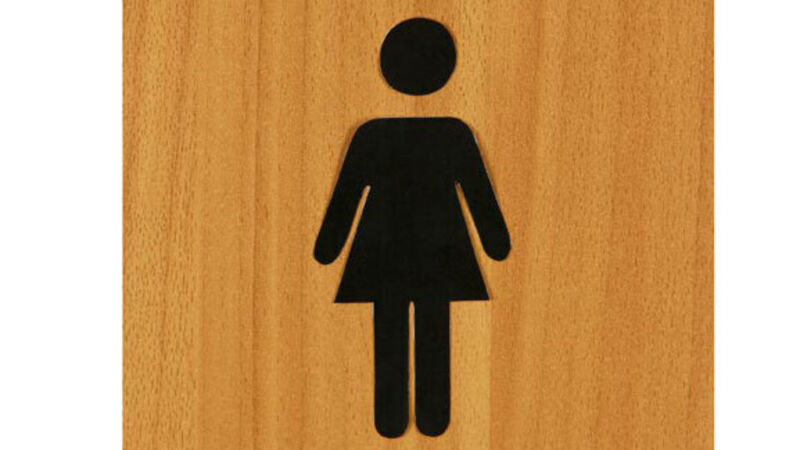Tue, 30 Jul, 2019 - 17:00
Megan Sheppard
I find myself getting up to go to the loo two or three times a night.
Investigations have shown my bladder muscle is working fine but that the nerves are on high alert after my bladder has emptied and it may make me feel like I need to go to the bathroom.
Already a subscriber? Sign in
You have reached your article limit.
Subscribe to access all of the Irish Examiner.
Annual €130 €80
Best value
Monthly €12€6 / month
Introductory offers for new customers. Annual billed once for first year. Renews at €130. Monthly initial discount (first 3 months) billed monthly, then €12 a month. Ts&Cs apply.
CONNECT WITH US TODAY
Be the first to know the latest news and updates












